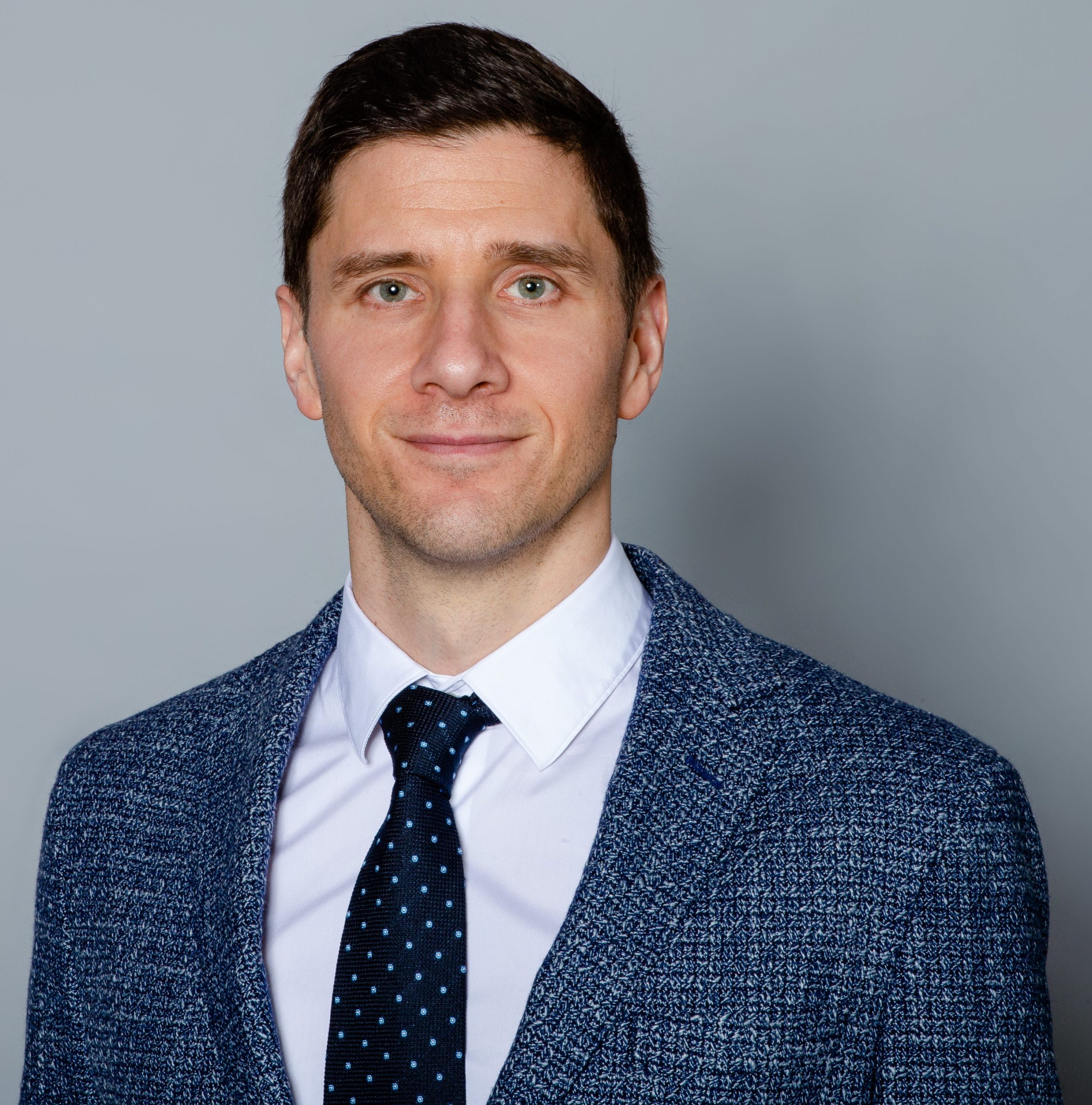Journal Club Summary
Reference: Kirkegaard H, et al. JAMA. 2017 Jul 25;318(4):341-350
EDITORIAL: Targeted Temperature Management After Cardiac Arrest: Finding the Right Dose for Critical Care Interventions. Callaway CW. JAMA. 2017 Jul 25;318(4):334-336.
Methodology Score: 3.5/5
Usefulness Score: 2/5
Question and Methods: This pragmatic, multicenter, randomized superiority trial examined whether TTM at 33C for 48 hours vs 24 hours results in better neurologic outcomes.
Findings: In survivors from out-of-hospital cardiac arrest admitted to the ICU, TTM for 48 hours vs 24 hours did not significantly improve neurologic outcome at 6 months.
Limitations: This study was limited by only being able to detect a 15% difference between groups.
Interpretation: This study supports current guidelines of TTM post ROSC for 24 hours. However, it was underpowered to detect a difference under 15% in good outcome, and such a difference might alter practice.
By: Dr. Samantha Calder-Sprackman
Epi lesson
Blinding versus Allocation Concealment
These clinical trial terms are often confused. Allocation concealment is the process whereby the treatment allocation is made unknown to the treatment provider prior to patient randomization. This helps prevent selection bias by ensuring that health providers and research staff are not tempted to include or exclude their patients according to their views on the possible treatment effects. Blinding refers to the methods employed after randomization to ensure that patients, health care providers, and research staff cannot determine whether the patient is receiving the study or the control treatment. This reduces ascertainment bias (the likelihood of differential assessment of outcome). In studies where blinding of the treating clinician and/or patient is not feasible, often the assessors of the outcome and those doing the analysis can be blinded.
By: Dr. Jeff Perry


